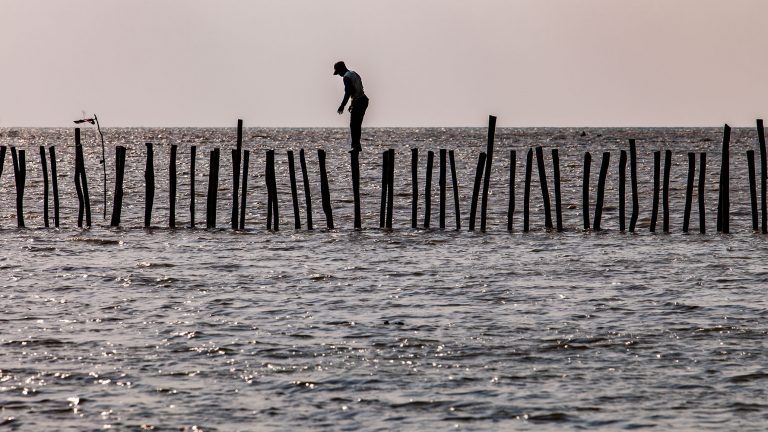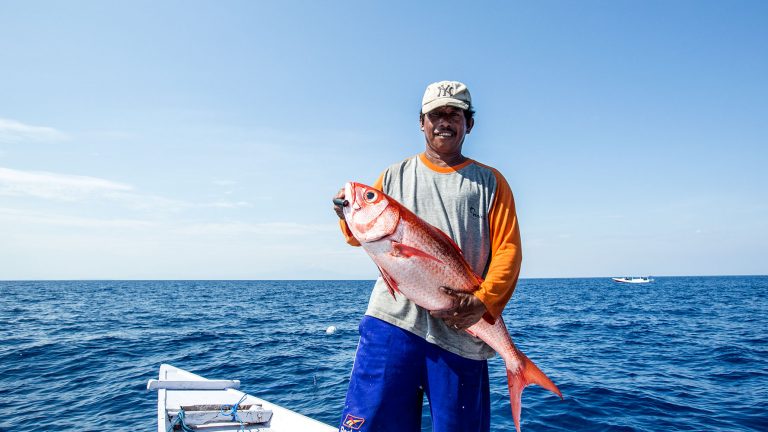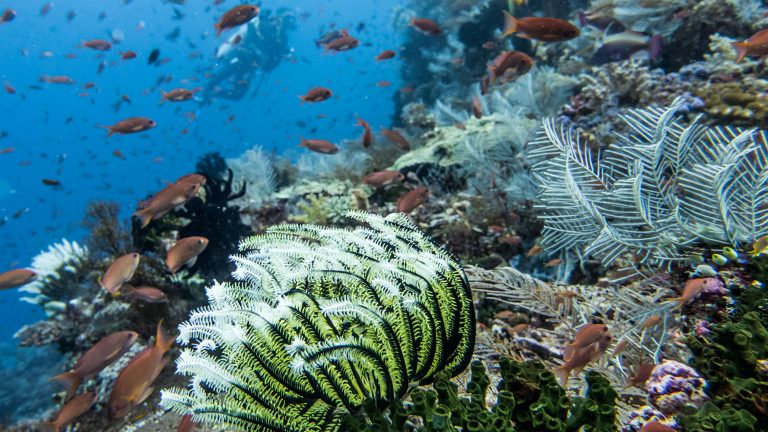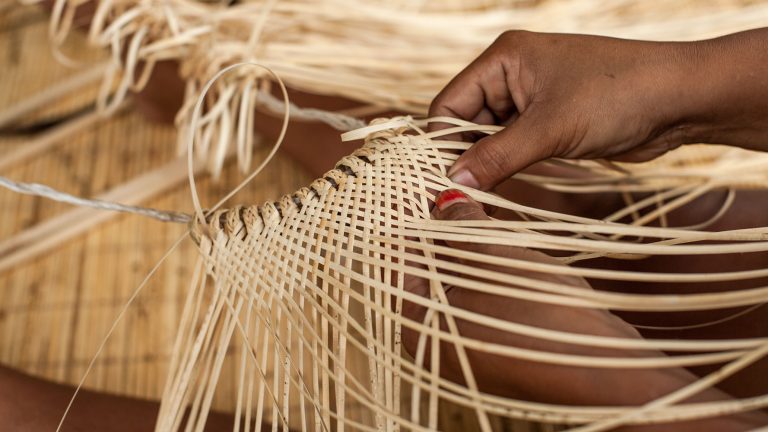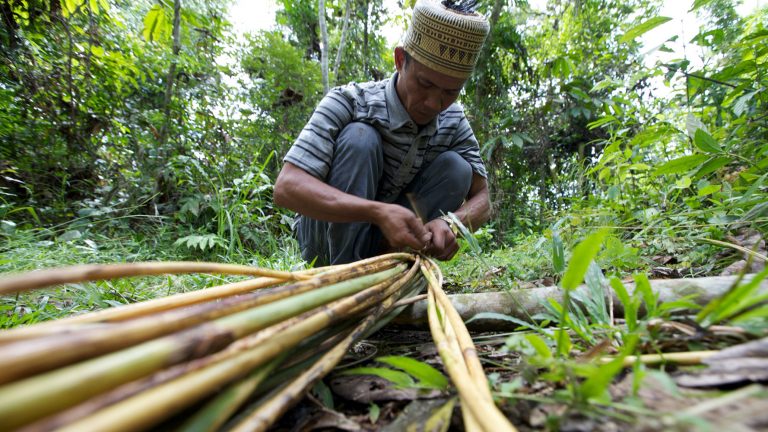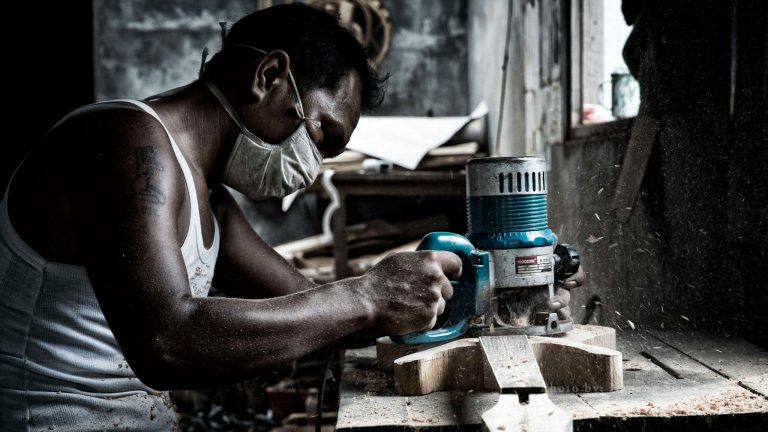Indonesian coasts suffer from erosion, caused by sea level rise, mangrove conversion for aquaculture and groundwater extraction. In some places kilometres of land are lost and this will exacerbate with climate change. Hard structures like sea walls are ineffective in mud-coasts, expensive and unable to adapt to climate change. Furthermore, they fail to provide the economic, environmental and social services that healthy ecosystems offer. Using a Building with Nature approach, we combine ecosystem based solutions like mangrove restoration with engineering. With our multi-stakeholder approach we build safe coastlines that adapt to sea level rise and simultaneously introduce sustainable land uses for prosperity. We aim to mainstream the Building with Nature approach in coastal management across Indonesia for climate change adaptation and to implement a large pilot in Central Java to catalyse change.
The Building with Nature pilot in Timbul Sloko was made possible by the Indonesian Ministry of Marine Affairs and Fisheries (MMAF), the Ministry of Foreign Affairs the Netherlands/DGIS, Waterloo Foundation, Otter Fund and our partner Deltares in the framework of the project Mangrove Capital: capturing mangrove values in land use planning and production systems.


